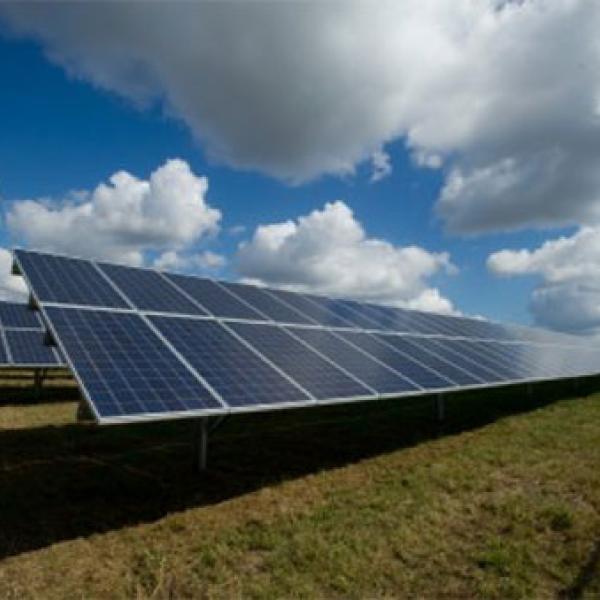Window of Opportunity
Increasing concerns over global warming and the desire to promote alternatives to carbon-based energy continue to drive the growth of solar energy development in Michigan. While there is some uncertainty as to how long the federal government will provide tax breaks for solar photovoltaic systems, some in the industry claim that utility-scale solar power is already more economical than coal-fired electrical generation. In addition, mandates that utilities generate a certain percentage of power from renewable sources will continue to spur new solar farm projects.

Option to Lease
Solar Land Use Agreements are frequently presented as “options to lease.” For a modest payment, the solar company holds exclusive rights (but not the obligation) to lease the property. Usually, the option extends for at least one year, but can provide for multiple years. If the land is subject to an option to lease, the land cannot be leased to another company and long ranging planning must include consideration of the possibility that the option will be exercised at any time within the term.
Most options either include a specific lease that will become effective upon exercise of the option or a statement of the most important terms that will be contained in the lease. Thus, it is important to negotiate the terms of the lease before granting the option.
Confidentiality
Many leases and options to lease contain confidentiality clauses which apply to all terms of the agreements, including the financial terms and even the identity of the solar company. Thus, once an agreement containing a confidentiality clause is signed, telling your neighbors about the terms of the agreement could constitute a breach of contract.
Exclusivity
Some leases contain exclusivity clauses that preclude the landowner from leasing other property to a competing solar energy company. Landowners with substantial acreage should consider requesting a limitation of the breadth of the geographic exclusivity.
Renewal Terms
Most leases have an initial term of ten to twenty-five years, but also grant the solar company the right to terminate the lease early if the project proves to be economically unfeasible. Often, these leases also grant the solar company the option to renew the lease for several successive terms of five years. The combined renewal terms often equal the length of the original lease term.
Rent Escalation
Since a solar lease may extend for decades, it is important to provide a mechanism to make sure that the rent payments keep up with inflation. Many leases include a rent escalation provision that increases yearly rent by a certain percentage. If you are not comfortable with the rent escalation percentage, a land owner might consider tying the yearly increase to either the consumer price index or increases in power purchase contracts approved by the Michigan Public Service Commission.
Restoration
Most landowners will want the lease to require the solar company to restore the property when the lease ends. These provisions should include removal of all equipment to at least plow depth and leaving the property free of any dangerous conditions created by the solar company.
Sample Solar Agreement
Here and here are examples of Solar Agreements that were presented by solar companies to two of our Michigan Farm Bureau members. These are not presented as a ‘good’ or ‘bad’ forms, but merely as an item of information for members to have.
Content provided by:
Scott Storey, Storey PLLC
PO Box 591, Okemos, MI 48805
(517) 648-1318 | [email protected] | StoreyPLLC.com
While every solar land use agreement can be unique, there are some considerations that are common to many of the agreements.
